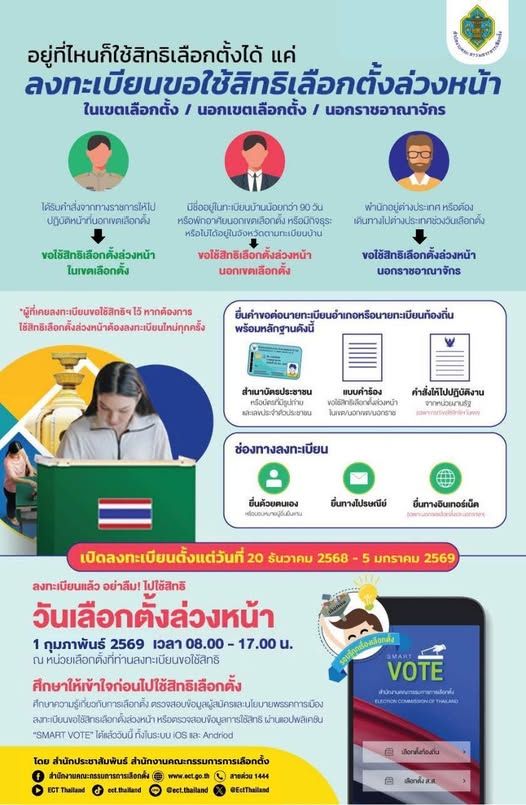📢 Exciting news! The PDPC is launching a ‘Do Not Call List’ app next year, allowing you to block annoying calls and texts from scammers. Stay tuned for more updates and join us in the fight against scam calls! #ScamFreeCommunication #ComingSoon #PDPC #SayNoToScammers #FightAgainstFraud #ProtectYourPrivacy #StaySafeFromScams #AIinAction
A New Solution from the PDPC
The Office of the Personal Data Protection Commission (PDPC) is currently in the process of developing a solution to unwanted calls and texts, in the form of a ‘national do not call list.’ With the intention of protecting people from pesky call centre scammers, the initiative employs a downloadable app that is scheduled for a launch in the upcoming year.
As per the PDPC secretary-general Sivaruk Siwamogsatham, this app comes as a way for individuals to shield themselves from a bombardment of unwanted calls and texts by blocking specific companies or sectors. This means those numbers will be automatically muted, providing a sigh of relief to those plagued by persistent cold callers.
A Stalwart Against Scams
In the fight against scams, this app is set to work similarly to the popular Whoscall app. It underscores the PDPC’s first move into using personal data and artificial intelligence for prevention of scamming, particularly from call centres. Despite not having a definitive name, the term ‘Smart PDPA’ is considered, taking a cue from similar systems adopted in other countries.
Collaboration for Better Protection
Recently, a three-year memorandum of understanding was signed between the PDPC and the National Broadcasting and Telecommunications Commission (NBTC). This MoU emphasizes a commitment to protect personal information and increase the efficiency of supervision for public benefit.
The telecom sector, integral to daily life advancements such as telemedicine, is under the regulatory supervision of the NBTC when it comes to the PDPA. This is according to Trairat Viriyasirikul, the acting secretary-general of the NBTC.
Anticipating the PDPA
The PDPA, effective from June 1, 2022, dictates that the regulator can’t only rely on its own regulations for protecting personal information in broadcasting and telecom operations. It also necessitates consideration of the PDPA and other related laws for personal data protection.
Anti-Online Scam Operations Centre Statistics
The Anti Online Scam Operations Centre reported receiving 15,000 calls during the first week of November, the majority of which were seeking advice. In the same time frame, they managed to freeze 678 bank accounts within an hour of notification by scam victims.
This centre was inaugurated on November 1st as a comprehensive solution to rampant online scams, offering a 24-hour hotline service (1441) to the public.
Frequently Asked Questions
1. What is the ‘Do Not Call List’ App?
The Personal Data Protection Commission (PDPC) is in the process of creating a ‘Do Not Call List’ app. Set to launch next year, this application aims at protecting individuals from unsolicited calls and texts. The app will allow users to block calls and texts from certain companies or sectors, automatically muting those numbers. This is considered the PDPC’s first step in using personal data and artificial intelligence to prevent scamming, particularly through call centres.
2. Who is involved in the development and regulation of this app?
The PDPC is the main body behind the development of the ‘Do Not Call List’ app. They have recently signed a three-year memorandum of understanding with the National Broadcasting and Telecommunications Commission (NBTC), emphasizing their commitment to protect personal information and increase the efficiency of supervision for public benefit. The telecom sector, which is crucial for innovations like telemedicine, falls under the regulatory authority of the NBTC when it comes to the Personal Data Protection Act.
3. What measures are being taken to combat online scams?
In addition to the development of the ‘Do Not Call List’ app, the Anti-Online Scam Operations Centre was established. During the first week of November, it received 15,000 calls, mostly from individuals seeking advice. The centre was also able to freeze 678 bank accounts within an hour of being notified by scam victims. The centre provides a 24-hour hotline service to the public. The PDPA, which will be effective from June 1, 2022, also plays a role in the fight against scams, as it will require regulators to consider the PDPA and other related laws for personal data protection.




